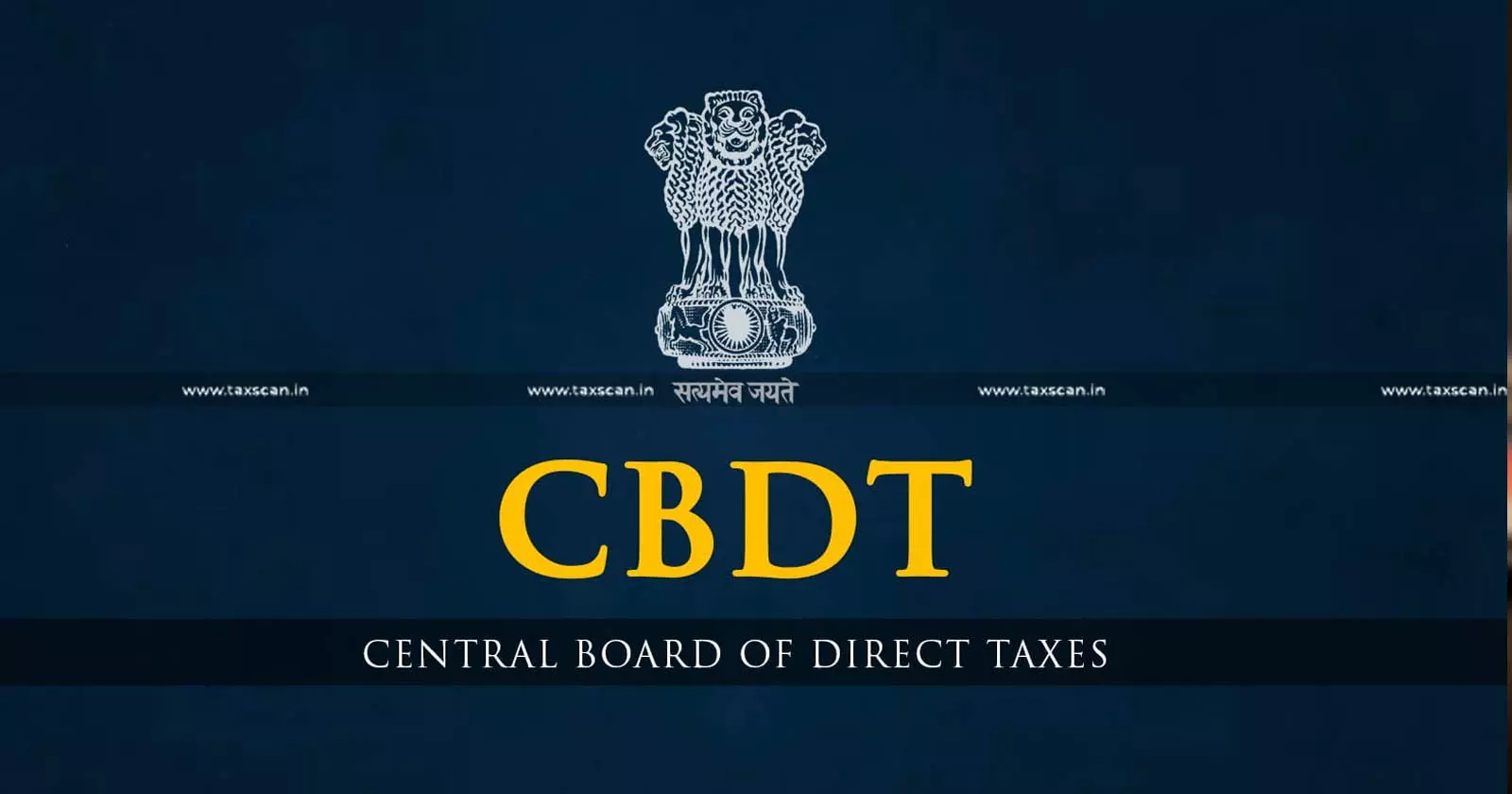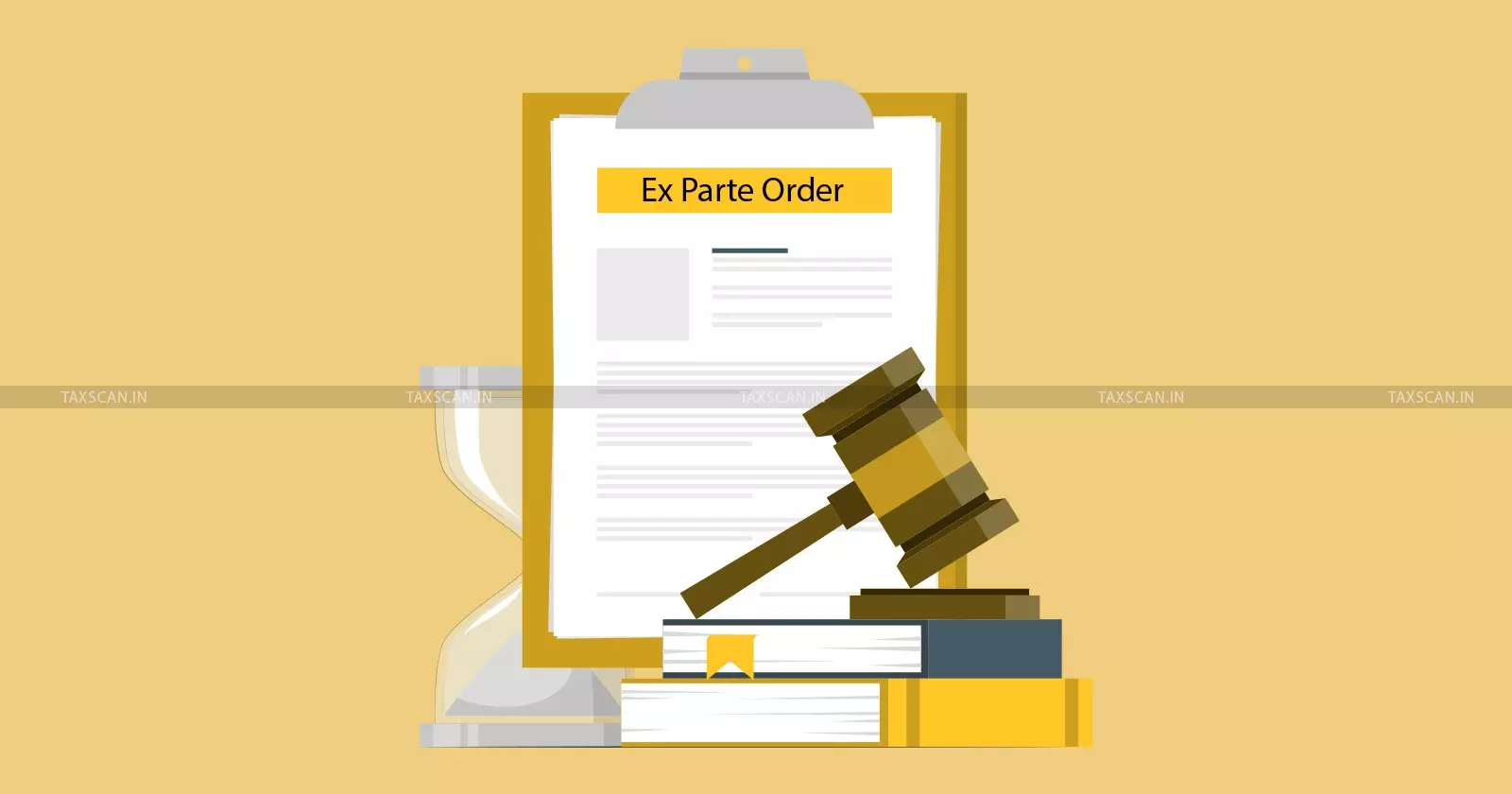FM Sitharaman directs CBDT to withdraw Low Tax Cases within 3 Months
The action is a part of a larger initiative to increase service delivery through prompt resolution, lessen the burden on taxpayers, and decrease litigation.

The Central Board of Direct Taxes ( CBDT ) has been instructed by Finance Minister Nirmala Sitharaman to withdraw all low-value tax appeals below specific monetary criteria within the next three months. By following this directive, the department will be able to concentrate on high-impact cases, improve taxpayer trust, and drastically reduce the backlog of litigation.
The revised monetary limits for withdrawal of appeals are:
- Income Tax Appellate Tribunal (ITAT): Below ₹60 lakh
- High Courts (HC): Below ₹2 crore
- Supreme Court (SC): Below ₹5 crore
The Union Budget for the year 2024-25 included the updated limits, which took effect on September 17, 2024. Existing appeals that fall below these improved thresholds must be promptly withdrawn, according to the FM's current guidance.
Comprehensive Guide of Law and Procedure for Filing of Income Tax Appeals, Click Here
The main objective is to clear the appellate forums of a significant number of low-value cases that have little effect on revenue and frequently result in significant litigation expenses for the department and taxpayers. It is anticipated that this action will help people and small businesses that have been affected by protracted tax disputes.
 Also Read:MCA Annual Filing Update: Office Photographs with Signboard and Geotagging now Mandatory [Read Order]
Also Read:MCA Annual Filing Update: Office Photographs with Signboard and Geotagging now Mandatory [Read Order]
The Income Tax Department can reallocate resources and concentrate on cases that involve large tax amounts or that establish important precedents by dropping minor appeals. Only income-tax issues, such as assessment disputes, penalty orders, and TDS/TCS defaults, are covered by the directive. GST and customs appeals are not covered.
The CBDT has three months to find and remove cases that qualify. In some circumstances, such as when contesting the constitutionality of a law, involving unreported foreign assets, or in situations of organized tax evasion, appeals will be pursued on their merits regardless of the tax impact.
Understanding Common Mode of Tax Evasion with Practical Scenarios, Click Here
Such restrictions have already been established or altered. In order to properly manage litigation, the CBDT has already given similar directions through a number of circulars (such as Circular No. 17/2019 and 21/2015). It is recommended that taxpayers in low-value cases monitor the progress of their appeals and wait for the department to formally notify them of withdrawal.
The CBDT has been given a strict three-month deadline by Union Finance Minister Nirmala Sitharaman to identify and withdraw all departmental tax appeals that fall below the updated monetary thresholds revealed in the Union Budget 2024-2025. The action is a part of a larger initiative to increase service delivery through prompt resolution, lessen the burden on taxpayers, and decrease litigation.
Official documents show that after the threshold modification in 2024, 4,605 appeals were dropped, and in 3,120 cases, no appeals were submitted since they were below the revised thresholds.
Support our journalism by subscribing to Taxscanpremium. Follow us on Telegram for quick updates


